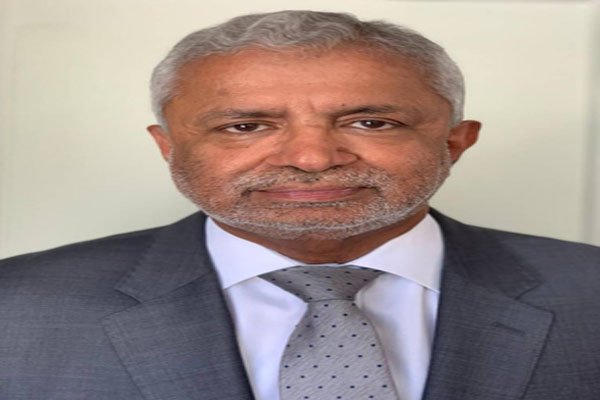EET Fuels appointed Naresh Nayyar as director

New Delhi| Essar Oil (UK), which does business under the name EET Fuels, has once again included Naresh Nayyar on the board of directors of the company as a non-executive director. His appointment was agreed on 2 October 2024.
Renowned as the architect of multi-billion dollar projects and transformation, Nayyar is an experienced expert in the development of the oil and gas market. During his career Nayyar has held important roles as Chief Executive Officer and Managing Director of Essar Oil Limited (then India’s second largest private oil company), and Chief Executive Officer of Essar Energy plc UK (then an FTSE 100 energy company).
Nayyar played a key role in a leading oil refining and marketing company while leading Essar Oil UK Limited UK as Chief Executive Officer and Executive Chairman. His previous roles also include Director (Planning and Business Development) at Indian Oil Corporation Limited, Chief Executive Officer of ONGC Mittal Energy Limited UK and Non-Independent Director in notable energy companies globally.
Nayyar, a chartered accountant by profession and an alumnus of the prestigious Indian Institute of Management (Ahmedabad), has further enhanced his industry skills through specialized education, including an advanced financial management program in oil and gas from the University of Texas at Dallas, USA.

Prashant Ruia, President, EET Fuels, said: “I am delighted to welcome Naresh to EET Fuels at this important time for our business. We are on track to make Stanlow the world’s first decarbonised process refinery with a 95 per cent reduction in emissions and I look forward to working with Naresh to deliver on this ambition
Nayyar, non-executive director of EET Fuels, said: It’s great to be back at EET Fuels and help run the company as we build a leading energy transition hub in the UK. I look forward to working with the company as we set a global benchmark for industrial decarbonisation and play our part in ensuring that we maintain a strong, secure manufacturing base for fuels while meeting Britain’s climate change targets and enhanced energy security








